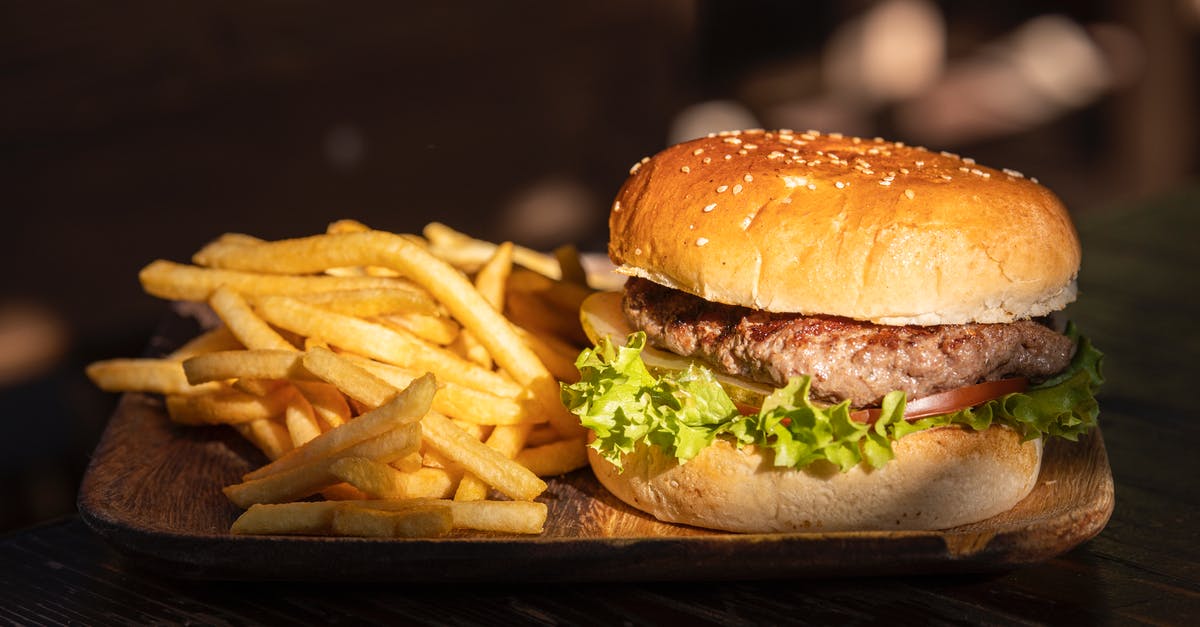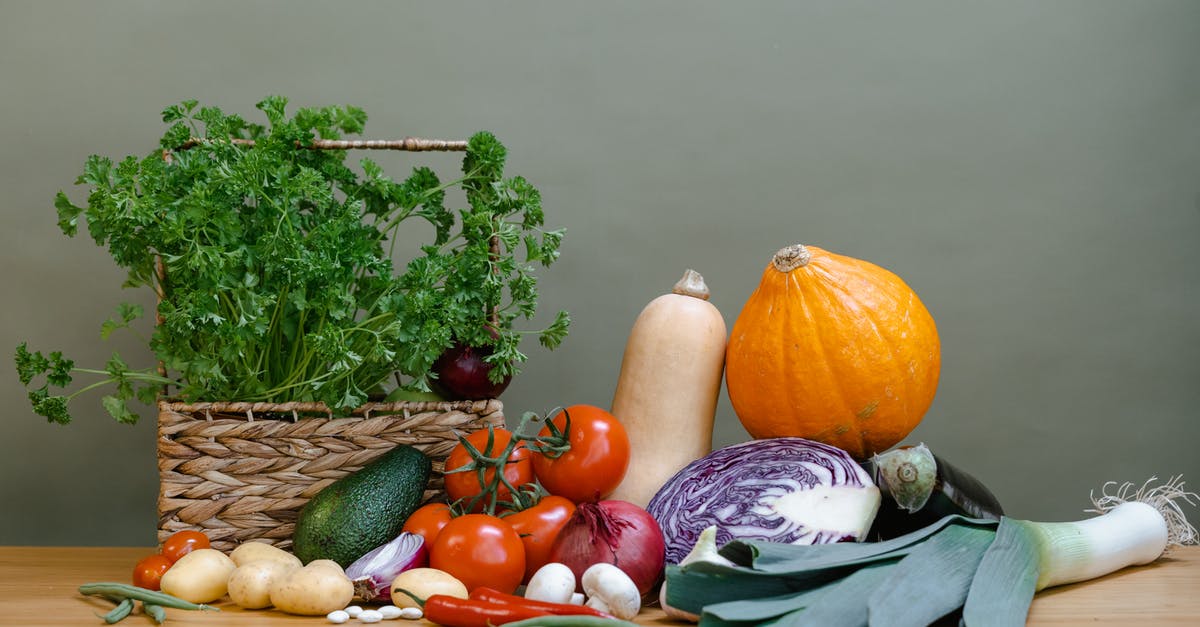Why are my potatoes sour?

I've noticed that when we roast potatoes in the oven, they will often have a very sharp tangy aftertaste to me, and often that taste will linger in the back of my mouth for a while after I've finished eating. The weird part is that my husband can't taste this at all, so it may just be something that my palate is particularly sensitive too.
Within one batch I'll get the flavor from some potatoes but not others, and I've noticed it even when just baking the potato with no oil or seasoning, so it seems to be coming from the potato itself. Most recently when eating a whole baked potato, it seemed like this flavor was coming most from the skin, and not from the starchy center.
What could be causing this sourness? Is it an indication of something harmful (going bad, chemicals)? Is there a good way to prevent or mask this flavor in the future?
Best Answer
Remember that the potato is a member of the nightshade plant and you can use a potato as a battery. Better even if cooked. What you are tasting is basically the solanine (which often has a battery taste...I believe there is a correlation there somewhere but it could help people remember not to eat bitter potatoes). I've tasted it too but not everyone has the same taste buds as we do.
Also, the battery (essentially the life of a plant) that I'm referring to starts when the sun comes into through the leaves (Solanum tu-berosum) and producing the starch, "which is transferred through the plant to its underground stems, known as stolons. Starch collects at the end of the stolons, forming swollen sections called tubers. These are the potatoes." Just like any living plant, the tuber stores energy for the plant. "The complex process of turning sunlight into food energy is called photosynthesis. ... The potato plant can live for six months without the energy of the sun, because it survives on its stored chemical energy in the form of starch in tubes, or small sacks called tubers."...(http://www.simpsonstreetfreepress.org/science/plants-and-photosynthesis)
When your potatoes sprout during storage, they’re using available light and stored starch". During harvest and storage, "When exposed to light, potatoes manufacture increasing amounts of chlorophyll as well as two bitter-tasting alkaloid compounds, solanine and chaconine" especially prolonged exposure to light with improper handling and storage. "In high concentrations, these can not only make potatoes taste bitter but also can cause headaches and stomachaches" (among other things). "A 4-ounce (114 gram) potato naturally contains 5 to 6 milligrams of solanine and chaconine, which is considered harmless. But when a potato looks green from an increase in chlorophyll, it indicates that it will also have higher levels of these alkaloids- as much as 20 times in potatoes that have turned completely green." I have read here that you can "deeply cut away any green parts" (...https://www.finecooking.com/article/the-science-of-cooking-potatoes-2);but I have also read conflicting information asking to avoid them altogether. I already do not eat potatoes when dining out including fries but I also avoid eating potatoes within a couple of days from each other. According to the Smithsonian... (https://www.smithsonianmag.com/arts-culture/horrific-tales-of-potatoes-that-caused-mass-sickness-and-even-death-3162870/); "A general rule for avoiding illnesses like the ones described above? Green and sprouted? Throw it out." On the site, the Smithsonian will give you many links that I've found interesting. Where I live, the potatoes are mostly green and I plan cooking potatoes when I see good ones on the shelf. We have a small offshoot grocery from a big named chain so we get all of the bad stuff here. I makes me sick every time I see them selling otherwise discarded produce to uneducated victoms.
I'm glad you are ok now.
..."A 4-ounce (114 gram) potato naturally contains 5 to 6 milligrams of solanine and chaconine, which is considered harmless. But when a potato looks green from an increase in chlorophyll, it indicates that it will also have higher levels of these alkaloids- as much as 20 times in potatoes"...
Here is a link with more information: https://www.finecooking.com/article/the-science-of-cooking-potatoes-2 and check out an unbiased article on Mother Earth News at https://www.motherearthnews.com/organic-gardening/green-potato-myths-and-safe-potato-eating-zbcz1509
Here is a very scary place to research. It may make you never want to eat potatoes nor any nightshade ever again. https://sciencebasedmedicine.org/killer-tomatoes-and-poisonous-potatoes/
As we know, our diets are lacking and research is all over the charts but until our governments step in and investigate the money hungry monopolizing industries; it is to each his own so research and research again but it is always a good idea to not rely on only one source of information.
Pictures about "Why are my potatoes sour?"



Quick Answer about "Why are my potatoes sour?"
During harvest and storage, "When exposed to light, potatoes manufacture increasing amounts of chlorophyll as well as two bitter-tasting alkaloid compounds, solanine and chaconine" especially prolonged exposure to light with improper handling and storage.Is it safe to eat sour potatoes?
Advice to the Public Cut away any parts that show damage (cuts and bruises), rotting, green colouring and sprouting before cooking. In severe cases, discard the entire potato. Do not eat potatoes that taste bitter or cause a burning sensation in the mouth.How do you know if a potato has gone bad?
Raw potatoes should be firm to the touch with tight skin that's free of large bruises, black spots, or other blemishes. If a potato has become soft or mushy, you should throw it out. Though it's normal for potatoes to smell earthy or nutty, a musty or moldy odor is a hallmark of spoilage.Why did my mashed potatoes turn sour?
Why did my mashed potatoes turn sour? If you leave mashed potatoes at room temperature for longer than two hours, bacteria will begin to form and multiply. If you've added dairy to the mash \u2013 the risk is heightened. The dairy will turn, giving the mash a sour flavor, and mold may even appear.Are Bitter potatoes poisonous?
Usually, a person will not keep eating a bitter potato because of the taste. However, if they were to eat a large amount of green potato they might get solanine poisoning. When solanine levels in a potato are greater than 0.1% the vegetable is not suitable for eating and could make a person sick.How to Know When Potatoes Go Bad : Ripe \u0026 Fresh Fruits \u0026 Veggies
Sources: Stack Exchange - This article follows the attribution requirements of Stack Exchange and is licensed under CC BY-SA 3.0.
Images: Joaquin Egea, Joaquin Egea, Engin Akyurt, MART PRODUCTION
